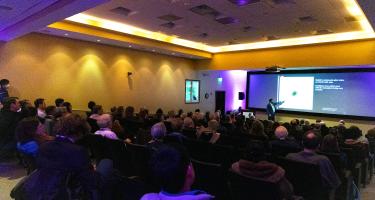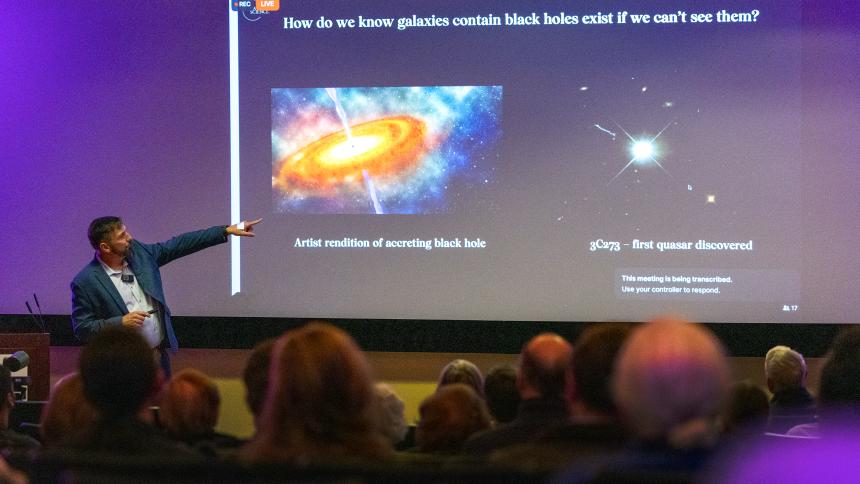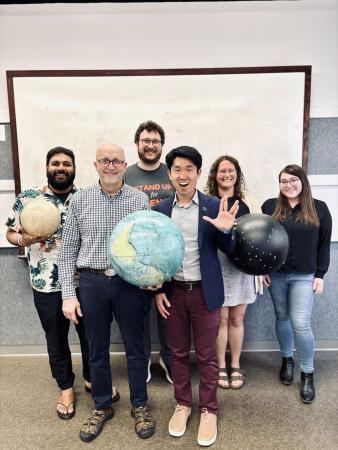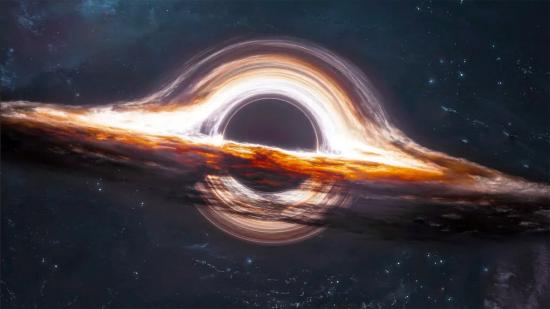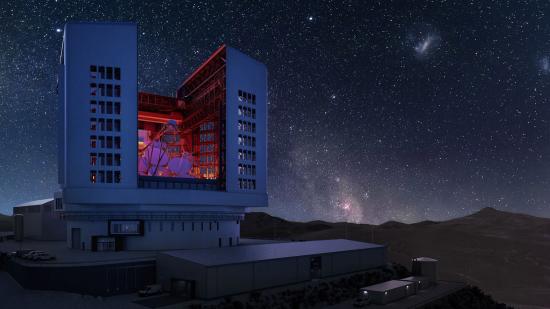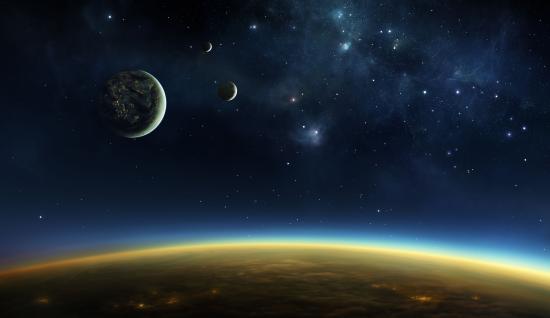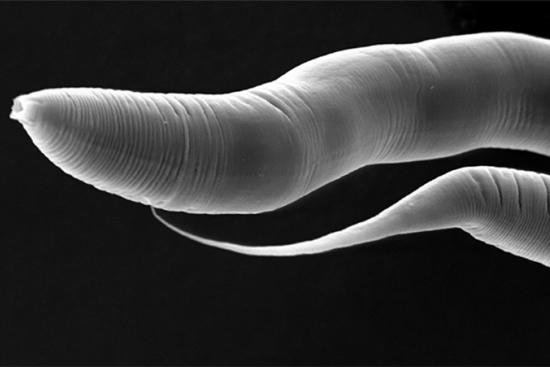Carnegie Science

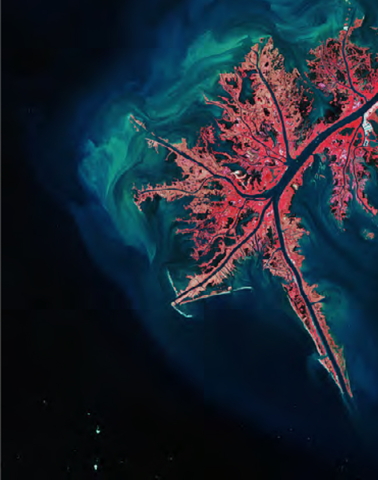
Challenging conventional ideas.
Carnegie Science empowers our investigators to pursue the biggest questions of our time, advancing discoveries that transform our understanding of life, planets, and the broader universe. Our research breakthroughs have fundamentally changed how we understand science. Learn how we’re exploring the natural world across scales.
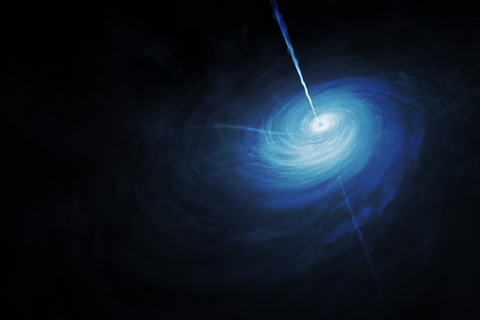
Our astronomers explore the cosmos, uncovering the origins and evolution of stars, planets, and galaxies.
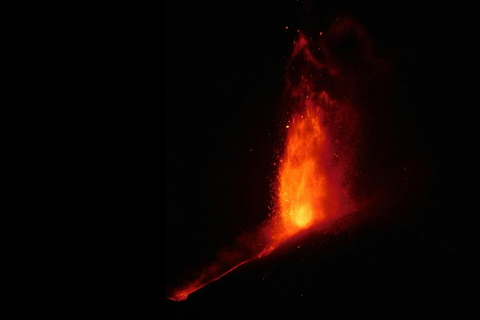
Our Earth scientists explore the physics and chemistry of planetary materials from atomic to planetary scales.

Our researchers are revealing the underlying processes that shape both human health and ecosystem resilience.

Our ecologists research how human activity is impacting our planet’s dynamic systems.

We use sophisticated laboratory techniques to mimic the depths of our own and other planets.
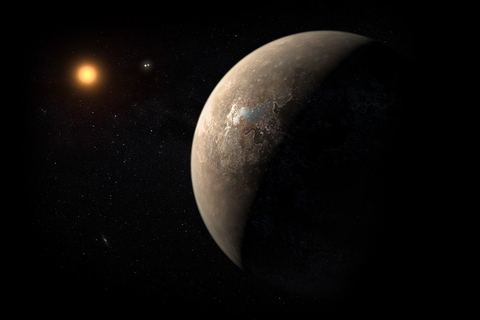
Our scientists have been looking for and discovering exoplanets since the field's inception.

Plant science is crucial for solving many of society’s most pressing demands as we face climate change.
Recent News
News

I feel passionately about the power of nonprofits to bolster healthy communities.
Giving to Carnegie Science
Postdoctoral alumna Jo Ann Eder is committed to making the world a better place by supporting organizations, like Carnegie, that create and foster STEM learning opportunities for all.
Donate to Carnegie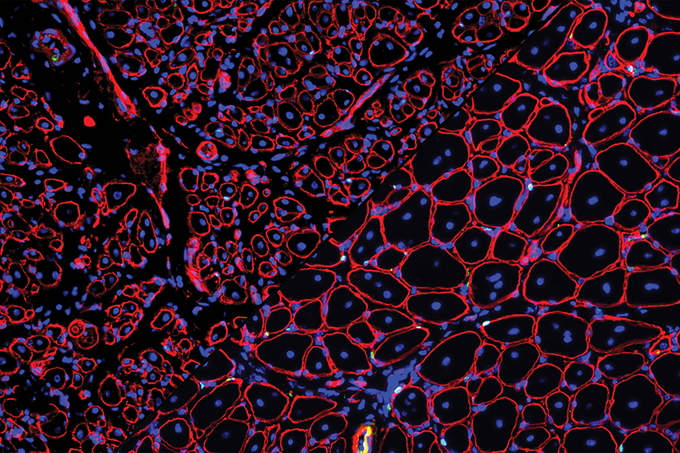
Biosphere Sciences & Engineering
Our newest scientific division, Carnegie Science Biosphere Sciences & Engineering (BSE), is devoted to disrupting the traditional, siloed perspective on research in the life sciences and pursuing an integrated approach to solving humanity's greatest challenges.
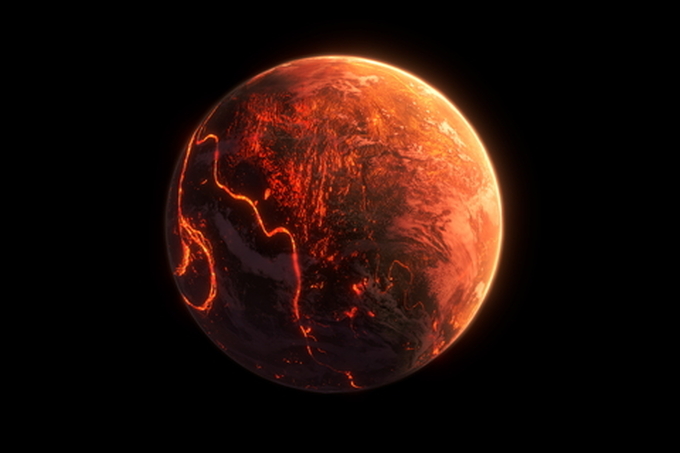
Earth & Planets Laboratory
Drawing on more than a century of science, the Carnegie Science Earth & Planets Laboratory (EPL) discovers exoplanets, creates new materials, illuminates Earth's inner workings, and seeks to better understand the universe that is our home.
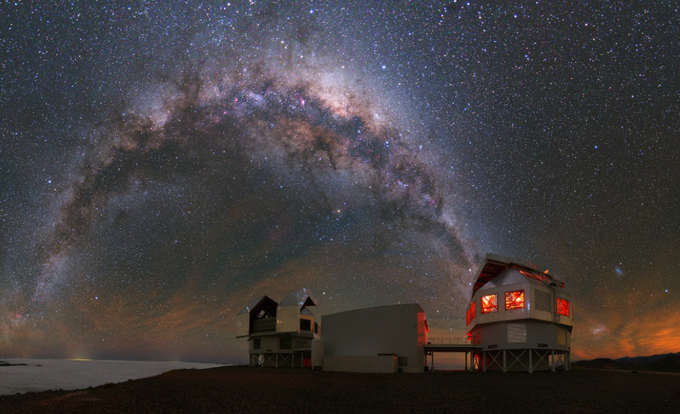
Observatories
From the revelation of the universe’s expansion to the discovery of dark energy, Carnegie Science Observatories (OBS) researchers have transformed humankind’s understanding of the cosmos. The groundbreaking work continues today at our world-famous Las Campanas Observatory in Chile.

Integer id augue
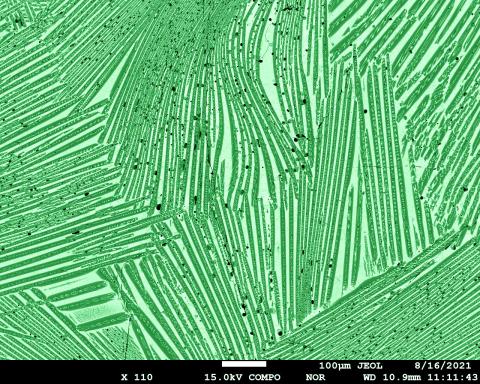
olivine
Donec at magna
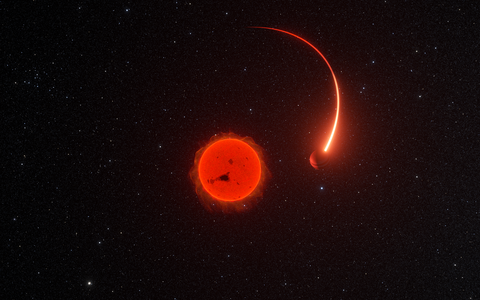
Nam eu nunc

Lorem ipsum
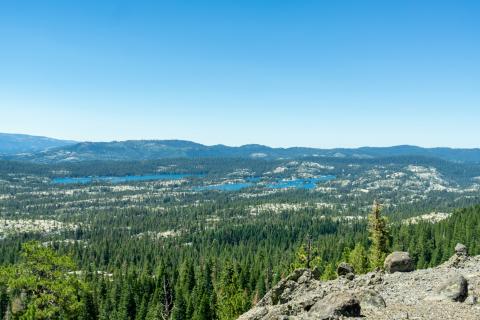
Quisque sed dolor
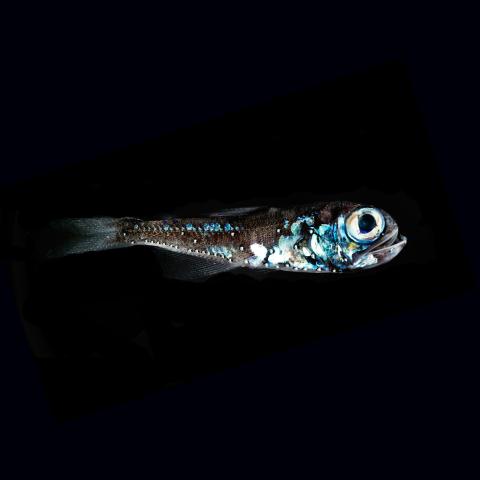
Nullam scelerisque auctor libero
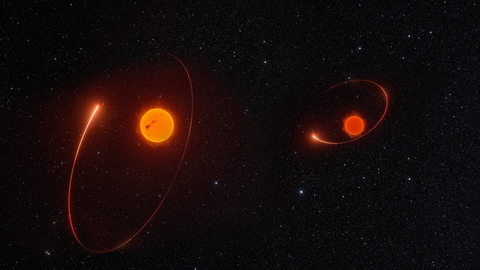
Phasellus eget justo
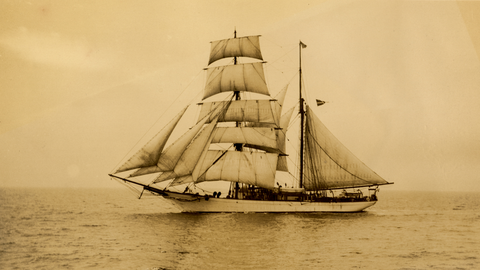
The non-magnetic research vessel Carnegie under sail, 1928. The Department of Terrestrial Magnetism (DTM) was one of 10 research departments established during Carnegie Science’s first decade. Starting in 1905, DTM researchers fanned out across the globe on more than 200 overland expeditions and 10 ocean cruises to map the geomagnetic field of the entire Earth.
Morbi nec magna
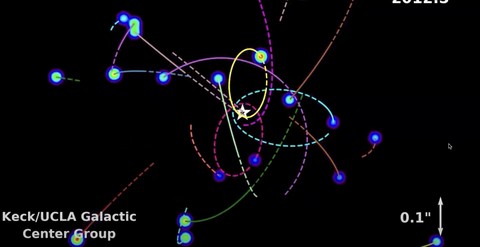
Vestibulum ante ipsum primis
Curabitur blandit tem port titor.
Get the latest
Subscribe to our newsletters.
